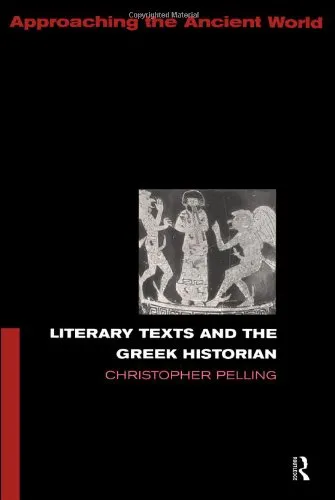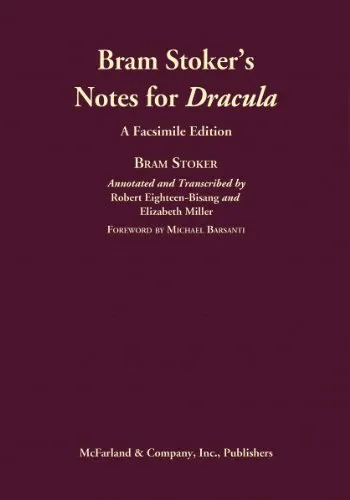Literary texts and the Greek historian
4.5
Reviews from our users

You Can Ask your questions from this book's AI after Login
Each download or ask from book AI costs 2 points. To earn more free points, please visit the Points Guide Page and complete some valuable actions.Related Refrences:
Welcome to Literary Texts and the Greek Historian, a pivotal work that navigates the intersection of literary analysis and historical inquiry in ancient Greek scholarship. This book by Christopher Pelling unravels the complexities of using literary texts as historical sources, providing invaluable insights for both historians and classicists.
Detailed Summary of the Book
In Literary Texts and the Greek Historian, Christopher Pelling delves into the intricate relationships between literary artistry and historical fact. The book systematically examines how Greek historians employed literary techniques within their narratives and the implications of these methods for historical accuracy and interpretation. Pelling explores a variety of texts, ranging from Herodotus and Thucydides to Xenophon and beyond. By critically assessing these works, the book highlights how literary elements such as narrative structure, character development, and thematic coherence can both illuminate and obfuscate historical reality.
Crucially, Pelling encourages readers to appreciate the dual role of these texts as both historical documents and literary compositions. He provides extensive analyses of specific passages, demonstrating how historians can tease out historical meaning from literary embellishment. Through detailed examination, the book presents a nuanced view that acknowledges the skill of ancient historians in crafting narratives that serve both literary and historical purposes.
Key Takeaways
- Understanding ancient texts requires recognizing the interplay between historical content and literary form.
- Greek historians often infused their narratives with artistic techniques, which necessitates careful analysis to discern historical fact from literary fiction.
- Interpreting these texts can provide deeper insights into the values, beliefs, and social contexts of ancient Greek societies.
- Pelling's approach illustrates the importance of multidisciplinary study, combining literary criticism with historical methodology.
Famous Quotes from the Book
"Historical truth and literary creativity are not mutually exclusive; rather, they coexist within the same narrative space."
"To navigate the world of the Greek historian, one must be fluent in both the language of literature and the rigor of historical analysis."
Why This Book Matters
The significance of Literary Texts and the Greek Historian lies in its ability to bridge two seemingly disparate fields: history and literature. By highlighting the ways in which Greek historians leveraged literary forms to convey historical narratives, Pelling provides an essential framework for understanding ancient texts. For historians, classicists, and literary theorists alike, this book offers crucial methodologies for approaching ancient sources with a critical and discerning eye.
The work is particularly invaluable for those interested in the methodologies of historical research and the complex dynamics of ancient storytelling. It's not just a book for academia but serves a broader audience interested in the origins of historical narrative and the evolution of historiographical practices. By fostering greater appreciation for the artistry of Greek historical texts, Pelling's book enriches our understanding of both the past and the way it is remembered and narrated.
Free Direct Download
You Can Download this book after Login
Accessing books through legal platforms and public libraries not only supports the rights of authors and publishers but also contributes to the sustainability of reading culture. Before downloading, please take a moment to consider these options.
Find this book on other platforms:
WorldCat helps you find books in libraries worldwide.
See ratings, reviews, and discussions on Goodreads.
Find and buy rare or used books on AbeBooks.
1371
بازدید4.5
امتیاز50
نظر98%
رضایتReviews:
4.5
Based on 0 users review
"کیفیت چاپ عالی بود، خیلی راضیام"
Questions & Answers
Ask questions about this book or help others by answering
No questions yet. Be the first to ask!



